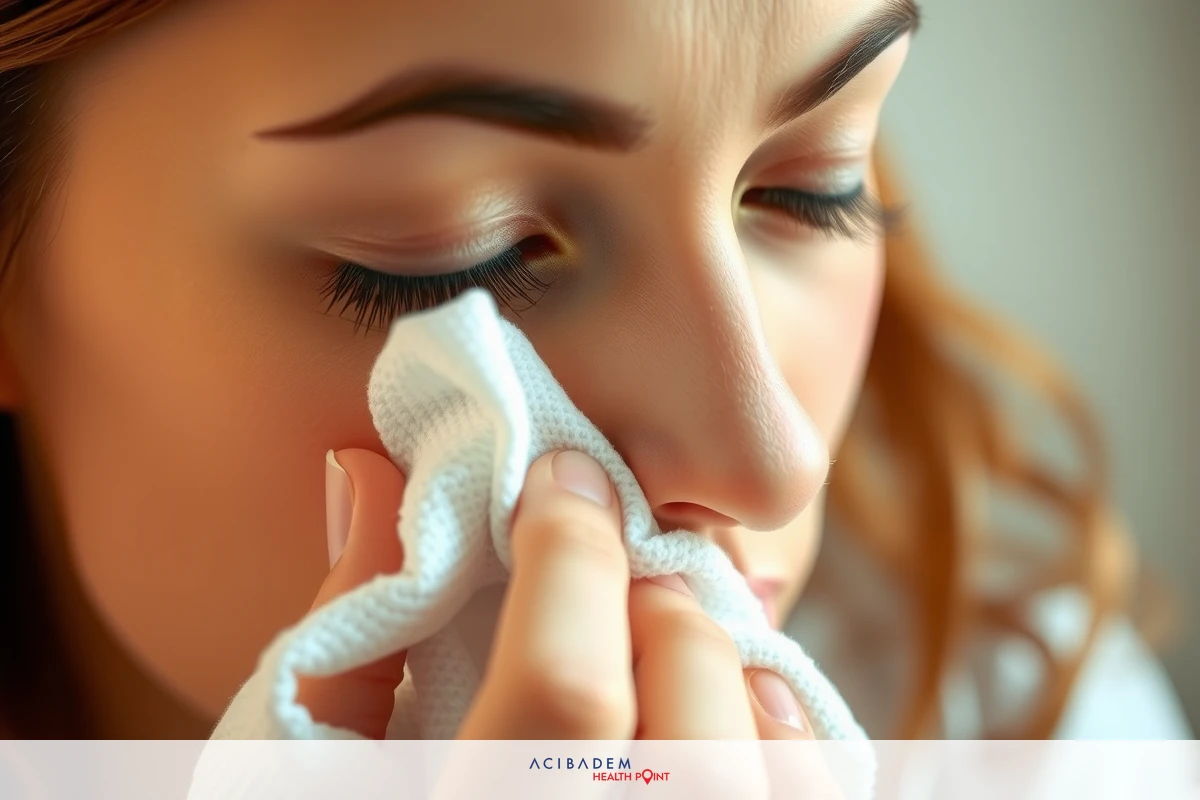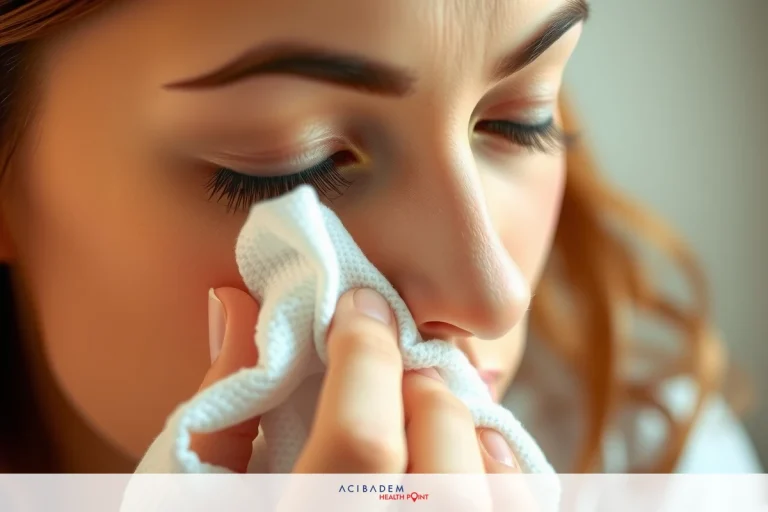When Can I Wet My Nose After Rhinoplasty?
When Can I Wet My Nose After Rhinoplasty? Rhinoplasty, the elegant term for what’s commonly known as a nose job, presents itself with a set of post- operative care instructions that patients need to follow. Among these guidelines is the question that often perplexes many: when can one wet their nose following rhinoplasty? It’s not just about curiosity; adhering to such advice significantly impacts recovery and successful surgery outcome.
Post-operative care following this delicate nasal surgery requires meticulous attention. Key among them is understanding when it becomes safe to wet your nose and how you should do it without jeopardizing the healing process. The answer isn’t as straightforward but lies in an intricate blend of timing, technique, and careful handling. This brief introduction aims at shedding light on this subject matter while fostering better post-surgery outcomes for rhinoplasty patients.
Post-Operative Care
Rhinoplasty recovery is a journey that requires patience and diligence. It’s not just about the physical changes, but also how you approach post-operative care. After your nasal surgery, it might be tempting to return to normal routines quickly, including simple acts such as wetting your nose. However, this common act could impact the healing process if done prematurely or improperly.
Careful attention must be paid during the first week following rhinoplasty surgery because it is a critical period in your recovery timeline. During this time, keeping the surgical area dry is paramount for optimal healing. Wetting your nose can disrupt sutures and slow down wound healing which may result in complications such as infections or even negatively affect the final shape of your nose.
Understanding each phase of rhinoplasty recovery allows you to take appropriate care at every step of this delicate journey towards regaining full functionality of your nose while ensuring an aesthetically pleasing outcome from nasal surgery. Once past the initial stages where complete dryness is required—typically after surgeon’s approval—you can begin gently cleaning around nostrils with warm water using a soft washcloth avoiding any vigorous rubbing or direct stream of water into nostrils till full recovery.
Wetting Your Nose
The act of wetting your nose after rhinoplasty might seem trivial, but it carries significant implications for the healing process. It’s important to understand that this isn’t about avoiding personal hygiene; rather, it’s a necessary precaution during the early stages of recovery. The timing and method matter significantly when you commence washing or wetting your nose.
Typically, patients are advised not to get their noses wet for at least a week following nasal surgery. This duration could extend depending on individual healing rates and doctor’s advice. During this period, bathing should be done cautiously without allowing water to hit directly onto the face. When you do begin moistening your nose—generally with surgeon’s green light—it should be done gently using warm water and mild soap if needed while avoiding any vigorous rubbing or direct stream of water into nostrils.
Post-operative care is filled with many such seemingly minor yet crucial steps towards successful rhinoplasty recovery. These measures ensure that there is no undue pressure put on the operated area preventing disruption in sutures as well as foster better wound healing—a key aspect in achieving desired outcomes from nasal surgery.
Precautions
Delving into the post-operative journey after rhinoplasty calls for a comprehensive understanding of the precautions to take, especially when it comes to wetting your nose. These precautionary measures serve not only

as safeguards against potential complications but also as facilitators of an optimal healing process.
The first and perhaps most crucial point is timing. Do not rush into wetting your nose until you’ve received clear instructions from your surgeon. This typically occurs at least a week following surgery but can vary based on individual recovery rates and other factors related to nasal surgery.
Here are some key precautions:
- Avoid direct exposure of water onto your face during bathing or washing.
- When approved by the surgeon, dampen a soft washcloth with warm water and gently clean aroundnostrils without applying pressure.
- Refrain from using harsh soaps or products that might irritate the skin or disrupt wound healing.
- Do not attempt to clean inside nostrils unless specifically instructed by medical professionals.
- Be mindful of weather conditions; rain can inadvertently get your nose wet, so use protective gear ifnecessary.
Each step taken in this critical phase of rhinoplasty recovery contributes significantly towards achieving desired outcomes while minimizing risks associated with post-operative care routines such as wetting the nose prematurely or improperly during this delicate period in one’s healing journey after nasal surgery.
Frequently Asked Questions
When can I start wetting my nose after rhinoplasty?
Generally, it's advisable to avoid getting your nose wet for at least a week following surgery. However, this duration can vary from patient to patient based on individual healing rates and other factors. Always wait for clear instructions from your surgeon.
Can I use soap when washing my nose post-surgery?
Once you have been given the go-ahead by your surgeon to begin cleaning around nostrils with water, a mild soap may be used if needed. Be sure not to use any harsh soaps or products that might irritate the skin or disrupt wound healing.
Is there any risk in getting my nose wet prematurely after rhinoplasty?
Yes, wetting your nose too soon post-operation could potentially disrupt sutures and slow down wound healing. It could also increase the risk of infections and adversely affect the final shape of your nose.
What precautions should I take while bathing during recovery period?
You should attempt to keep water away from directly hitting onto face while showering or washing during early stages of recovery period. Once approved by doctor you may gently clean around nostrils using a damp washcloth without applying pressure.











